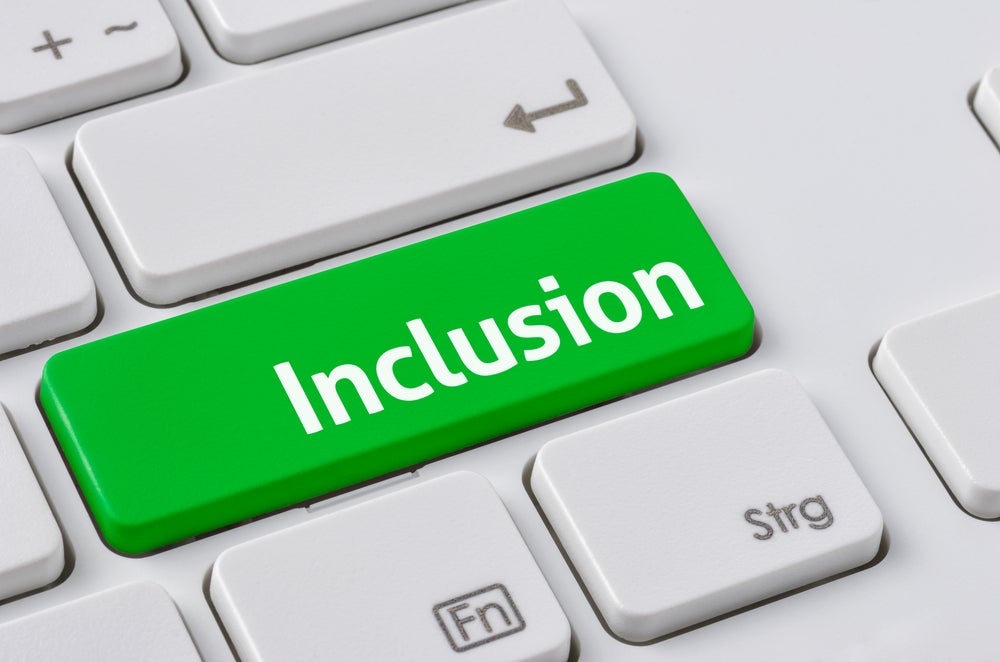
Mobile network operator Vodafone has reported that data usage in the United Kingdom increased by 60% in 2017, as users increasingly utilised their smartphones to stream high-definition videos and play resource-heavy online games.
The nation is calling for faster mobile networks, and 5G is set to deliver that as early as 2019.
Promising speeds that are as much as 100 times faster than current 4G networks, users will be able to download a full high-definition movie in as little as four seconds. To put that into perspective, downloading the same file would take approximately seven minutes on a 4G device.
However, 5G has the potential to provide a lot more than faster download speeds on your mobile devices. Healthcare, transport and manufacturing are just some of the industries expected to improve thanks to this innovation.
5G Nation: The UK 5G Ecosystem 2018, a report conducted by Digital Catapult and commissioned by Innovate UK, the UK Government’s innovation agency, looks at the UK’s emerging 5G landscape, the industries that are set to benefit and how close consumers are to seeing the benefits.
Ian Campbell, Interim Executive Chairman of Innovate UK, said:
How well do you really know your competitors?
Access the most comprehensive Company Profiles on the market, powered by GlobalData. Save hours of research. Gain competitive edge.

Thank you!
Your download email will arrive shortly
Not ready to buy yet? Download a free sample
We are confident about the unique quality of our Company Profiles. However, we want you to make the most beneficial decision for your business, so we offer a free sample that you can download by submitting the below form
By GlobalData“This new report by Digital Catapult is the first to be undertaken in the UK, and goes a long way to helping us understand how 5G development can help to create a world-leading digital economy for the UK.”
Here are five key points for the 5G Nation report that give some idea of what’s to come:
5G shouldn’t suffer a Brexit breakdown
A majority of academic research and projects into 5G is being funded by the Engineering and Physical Sciences Research Council, a British council funded by government funds. EPSRC funded projects account for 47% of all research into 5G in the UK.
Another 9% is conducted or funded by government organisations Innovate UK and the Department for Digital, Culture, Media & Sport (DCMS).
Some 38% of research is conducted or funded by the European Commission, with the remaining 6% coming from elsewhere.
With the Brexit deadline looming, Britain’s exit from the European Union threatens to disrupt a number of industries and innovations. However, with more than half of all research being conducted by UK organisations (56%), the rollout of 5G in the UK, tipped to be sometime around 2020, is unlikely to suffer setback as a result.
A study conducted by the DCMS last year concluded that Brexit should have a minimal effect on the development of future 5G mobile networks.
You don’t have to upgrade (but you probably will)
While consumers are expected to be able to get their hands on 5G-ready devices by as early as 2020, mobile operators won’t expect customers to start using their 5G networks immediately.
Given the heavy investment that mobile operators have contributed to developing and upgrading their 4G networks, UK mobile network operators are expected to allow 4G and 5G to co-exist for the foreseeable future, according to the Digital Catapult report.
However, technology analytics firm Strategy Analytics predicts that tens of millions of 5G handsets will have been sold around the world within the first two years of these networks becoming accessible. Likewise, it is also predicted that by 2025, some 10% of smartphone users will have purchased a 5G device, with 300 million sales expected.
A survey conducted as part of the study found that 85% of respondents want to see the technology become accessible by 2022. Some 89% believe 5G will be a necessity for their organisations by then.
Not all about mobile broadband
Mobile broadband will undoubtedly be the biggest use of 5G technology. With mobile data consumption constantly rising, operators want a way to deliver their users more content in less time.
The likes of Sony, LG, ZTE, Huawei and HTC have already agreed deals with semiconductor company Qualcomm to use the Snapdragon X50 5G NR modem in their devices once it launches in 2019. While major smartphone manufacturers Apple, Samsung and Google have yet to announce how they will be powering their 5G devices, they are also likely to have devices ready for the rollout.
However, mobile broadband isn’t the only area set to benefit from 5G. Of those that responded to the Digital Catapult survey, 30% felt that the transport industry would benefit from the technology, with 25% saying that 5G promises plenty in the healthcare industry.
Augmented and virtual reality, manufacturing and short home devices are also expected to make use of 5G.
Insufficient infrastructure: 5G’s biggest challenge
According to the report, 5G will have two big issues to overcome in its early days.
The first of these is insufficient backhaul infrastructure. This essentially means a lack of structures and facilities that can effectively distribute 5G signals, such as 5G antennas and fibre-optic cables, as well as the computer networks needed to oversee 5G operations.
This will undoubtedly come with hefty costs that operators will be hoping to cut down or avoid altogether, which could cause delays. This is the second challenge that 5G will face. If operators are slow to implement the technology, whether due to cost or government regulation, consumers will have to wait to get connected to 5G.
Forget Jeremy Corbyn – 5G could save the NHS
One of the six promises made by the UK’s National Health Service in its Five Year Forward View was to “exploit the information revolution”, and 5G could offer some help.
The report tips the technology to help to plug the £30bn NHS funding gap that is expected to have developed by 2020.
According to the report, 5G could be used to enable the delivery of healthcare services at a far lower cost. It could also help to reduce losses due to issues such as lost appointments. This currently costs the NHS over £1bn annually. Likewise, it could also help to reduce the number of unnecessary trips to hospitals via ambulance by 30%. The report estimates that this could result in savings of £132m a year.
The technology has been tipped to help sufferers with everything from dementia to obesity, with a number of tests and trials already taking place. A recent study by King’s College London demonstrated how 5G could be used to power a fleet of autonomous drones, which could be used to transport medicines, food, water and blood to those in need.





